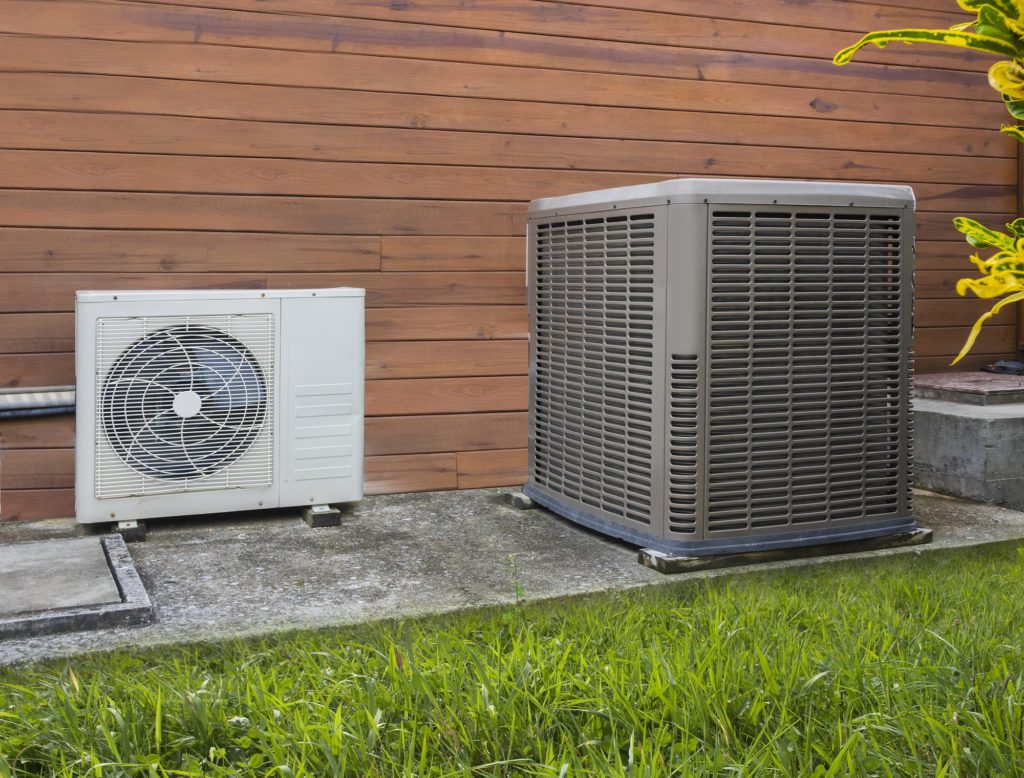
The Cost Savings of Replacing Your HVAC System
Replacing your HVAC system can be a significant expense, but it can also result in significant cost savings in the long run. In this blog post, we will explore the cost savings of replacing your HVAC system, including the potential energy savings and reduced maintenance costs.
COMPARE QUOTES NOWEnergy Efficiency of New HVAC Systems
One of the primary benefits of replacing your HVAC system is increased energy efficiency. Newer systems are designed to be more energy efficient, using less energy to heat or cool your home. This results in lower utility bills and long-term cost savings.
Additionally,
Reduced Repair and Maintenance Costs
As your HVAC system ages, it is likely to require more frequent repairs and maintenance. These costs can add up over time, making replacement a more cost-effective option. With a new HVAC system, you can enjoy reduced repair and maintenance costs, providing additional cost savings over the life of the system.
Rebates and Incentives
In some cases, rebates and incentives may be available for upgrading to a new HVAC system. These incentives can help offset the cost of the new system, making replacement more affordable.
Increased Home Value
Replacing your HVAC system can also increase the value of your home. Prospective buyers are often willing to pay more for homes with new or updated HVAC systems, providing an additional return on your investment.
While the upfront cost of replacing your HVAC system can be significant, the long-term cost savings can make it a worthwhile investment. With increased energy efficiency, reduced repair and maintenance costs, and the potential for rebates and incentives, replacing your HVAC system can provide significant cost savings over the life of the system. Additionally, the increased home value can provide an additional return on investment if you decide to sell your home in the future.

What is the Most Cost-Effective HVAC System?
When it comes to choosing a new HVAC system, it’s important to consider not only the upfront cost but also the long-term cost-effectiveness. In this section, we will explore some of the most cost-effective HVAC systems on the market.
Heat Pumps
Heat pumps are an increasingly popular choice for HVAC systems, particularly in areas with mild climates. They work by transferring heat from the air or ground into your home during the winter and transferring heat out of your home during the summer. Heat pumps are highly energy-efficient and can provide significant cost savings over time.
COMPARE QUOTES NOWDuctless Mini-Split Systems
Ductless mini-split systems are another cost-effective HVAC option. These systems consist of an outdoor unit and one or more indoor units that can be mounted on walls or ceilings. They provide zoned heating and cooling, allowing you to control the temperature in specific areas of your home. Ductless mini-split systems are highly energy-efficient and can provide significant cost savings over time, particularly if you live in a smaller home or only need to heat or cool certain areas of your home.

Geothermal HVAC Systems
Geothermal HVAC systems are one of the most energy-efficient options on the market. These systems use the relatively stable temperature of the earth to provide heating and cooling. While the upfront cost of a geothermal system is higher than other HVAC systems, the long-term cost savings can be significant, particularly if you live in an area with high energy costs.
When it comes to choosing a cost-effective HVAC system, there are several options to consider, including heat pumps, ductless mini-split systems, and geothermal systems. Each of these systems offers unique benefits in terms of energy efficiency and long-term cost savings. To determine which system is right for you, it’s important to consider factors such as the size of your home, your climate, and your budget. A qualified HVAC professional can help you evaluate your options and choose the system that best meets your needs.
The Cost of Having Your HVAC System Replaced
The cost of HVAC replacement can vary depending on several factors, including the size of your home, the type of system you choose, and the complexity of the installation. In this section, we will provide some pricing examples to give you an idea of what you can expect to pay for a new HVAC system.

Central Air Conditioning Systems
- A central air conditioning system is a popular choice for many homeowners.
- The cost of installing a central air conditioning system typically ranges from $3,500 to $7,500, depending on the size of your home and the complexity of the installation.
Heat Pump Systems
- As we mentioned earlier, heat pump systems are a highly energy-efficient option for heating and cooling your home.
- The cost of installing a heat pump system typically ranges from $5,000 to $10,000, depending on the size of your home and the complexity of the installation.
Ductless Mini-Split Systems
- Ductless mini-split systems are another cost-effective option for heating and cooling your home.
- The cost of installing a ductless mini-split system typically ranges from $3,000 to $8,000, depending on the number of indoor units and the complexity of the installation.
Geothermal Systems
- Geothermal systems are the most expensive option, but they offer the greatest long-term cost savings.
- The cost of installing a geothermal system typically ranges from $10,000 to $25,000, depending on the size of your home and the complexity of the installation.
Replacing your HVAC system can be a significant investment, but it can also provide significant long-term cost savings in terms of energy efficiency and reduced repair and maintenance costs. When considering the cost of replacing your HVAC system, it’s important to factor in the potential cost savings over the life of the system. Additionally, it’s important to work with a qualified HVAC professional who can help you evaluate your options and choose the system that best meets your needs and budget.
COMPARE QUOTES NOW


Leave a Reply